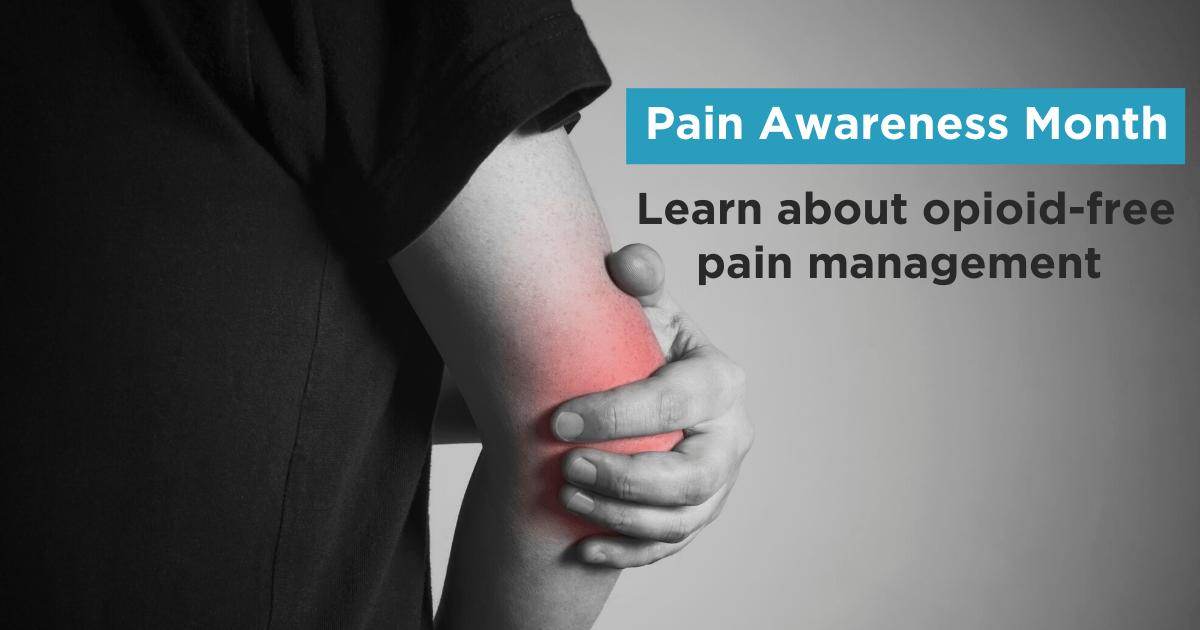Research shows that every year, 3 million Americans become persistent opioid users after surgery. By using their knowledge of opioid-sparing and opioid-free anesthesia and pain management, Amberwell anesthesia providers are working to prevent the risk for opioid addiction and dependency.
Why is this important?
- The economic cost of the U.S. opioid epidemic in 2017 was estimated at $1,021 billion, including cost of opioid use disorder estimated at $471 billion and cost of fatal opioid overdose estimated at $550 billion.
- The cost to the criminal justice system was estimated at $8 billion of which $270 million is borne by crime laboratories.
- Missouri’s opioid economic burden costs the state more than $14 billion in 2017. To put it another way, opioid use disorder and overdose deaths cost Missouri $38.4 million a day in 2017.
- In 2017, Kansas spent over $2 billion (that’s $1909 per Kansas resident) on costs related to the opioid crisis–tax dollars that could be used in other state-sponsored programs.
What is Opioid-Free Anesthesia (OFA)?
Opioid-free anesthesia is a safer option for anesthesia administration that maximizes a patient’s respiratory ability and aggressively treats their pain, while eliminating the unwanted side effects of opioids.
After surgery, changes in the body’s nervous system sensitize and magnify the pain the patient feels. By understanding this, we can treat post-operative pain like a disease and give medications that protect the patient from this phenomenon and increase comfort, healing, and function after surgery while reducing the risk of opioid-related side effects and addiction.
Reasons that anesthesia providers may choose opioid free anesthesia include:
- Providing superior post-operative pain control by protecting the patient from surgical and opioid-induced hyperalgesia (pain from sensitization of receptors by opioids)
- Minimizing respiratory depression in patients that have impaired respiratory function such as chronic obstructive pulmonary disease, sleep apnea, or obesity
- Treating patients who have chronic pain conditions, are on chronic opioid therapy, are heroin or opioid addicts, or are in recovery and treatment for opioid addiction (methadone or suboxone)
- Reducing the risk of cancer reoccurrence; and minimizing post-operative cognitive dysfunction.
Opioid-sparing or opioid-free anesthesia has been shown to improve postoperative outcomes, reduce the length of hospital stays, and eliminate negative side effects such as nausea and vomiting following surgery.
Peripheral and Regional Nerve Block
In addition to opioid-free anesthesia we also offer peripheral and regional nerve block that silence nerves during and immediately following the procedure. We use advanced medical imaging to locate these nerves and place medications around them to provide pain-free surgery.
Nonsurgical Pain Management
Amberwell provides a variety of treatments that assist patients in reducing or eliminating pain not related to surgery. We work with our patients to find long-term pain relief and improved function so that they can return to work, participate in social events, and enjoy a better overall quality of life. We offer advanced image guided injections that utilize leading technology to include fluoroscopy and ultrasound. Procedures offered include:
- Bursitis pain relief
- Knee pain relief
- Iovera cryoanesthesia
- Hip pain relief
- Joint pain treatment
- Intercostal injection treatment
- Injections for sacroiliac pain
- Myofascial pain treatment and trigger point release treatment
- Low back pain
Our anesthesia team is uniquely skilled to deliver pain treatments in a compassionate and holistic manner. Anesthesiologists and nurse anesthetists are required to learn how to manage pain as part of their education, and pain management is a necessary component of anesthesia delivery.
Amberwell anesthesia providers are dedicated to reducing the incidence of opioid misuse by providing surgical and chronic pain management that limit or eliminate patient exposure to opioids. Over the past three years, our providers have reduced the amount of opioids used in surgery by 80%. Even more astounding is that postoperative opioid delivery was also reduced! By eliminating exposure to opioids, the opportunity for misuse and abuse is also reduced.
What can you do to reduce the incidence of opioid misuse?
Were you recently prescribed opioids?
Opioid painkillers can be powerful and dangerously addictive. So, if you receive a prescription, it’s very important to thoroughly discuss any questions or concerns with your doctor, follow his or her instructions closely, and review the label on the prescription bottle.
The Centers for Disease Control and Prevention released important guidance for patients who’ve received opioid prescriptions. Go to their site to learn about the risks, what you should expect, ways you can prevent misuse, alternative treatment options and more. And learn more about the CDC’s Prescription Awareness Campaign. Learn more.
What should you do with your unused medications?
Most people who misuse prescription drugs get them from family, friends, and acquaintances.
You can make a difference by keeping track of the medicine you have, by rethinking where and how you keep your medications in your home, and by safely disposing of any unused medications. Learn more.
For More Information
If you would like to discuss a personal anesthesia plan for your upcoming procedure, we will be happy to provide information, education, and tailor your anesthetic for your needs. Call an Amberwell anesthesia services provider at 913-360-5360.

